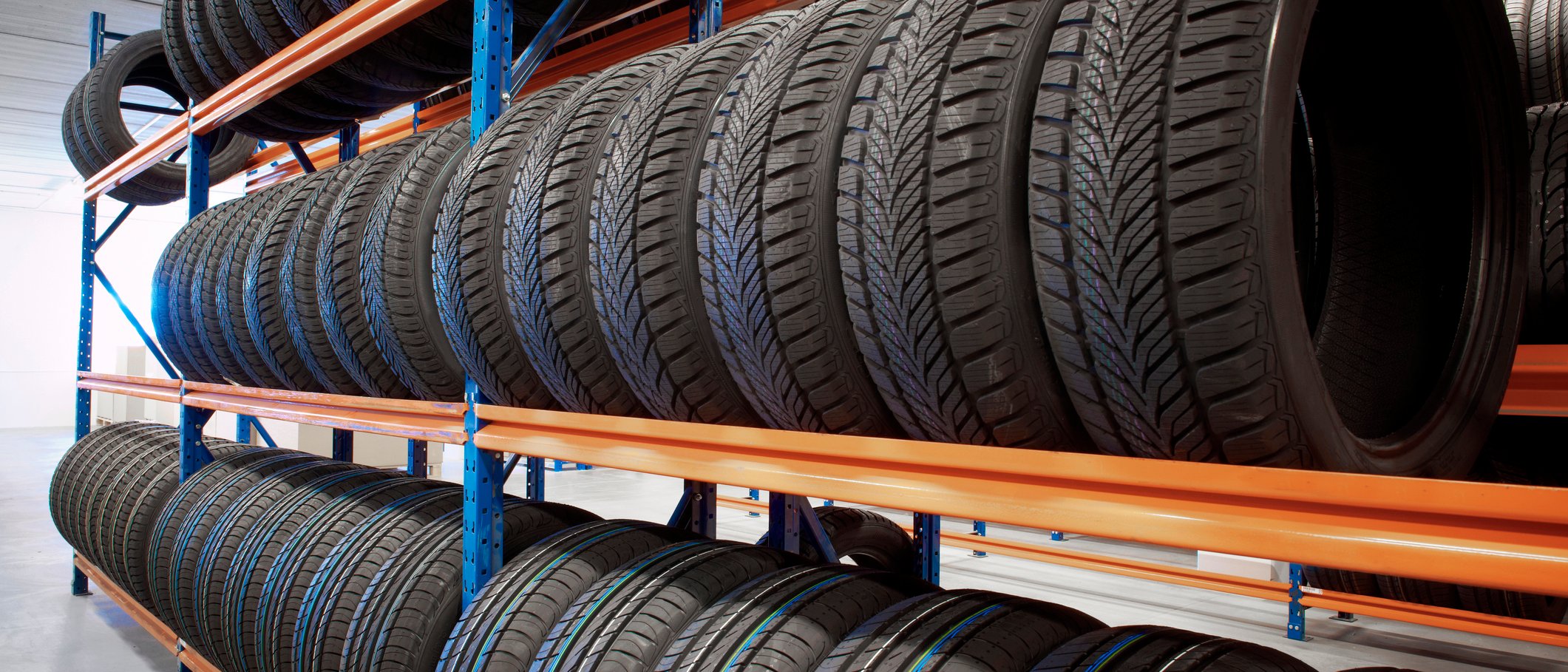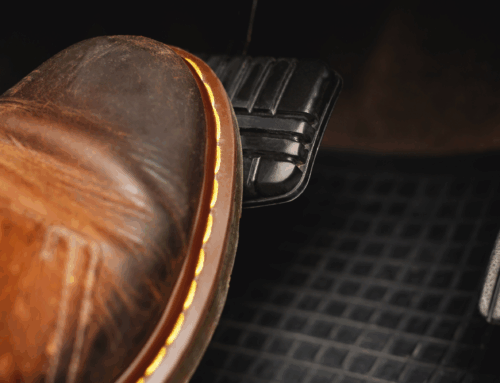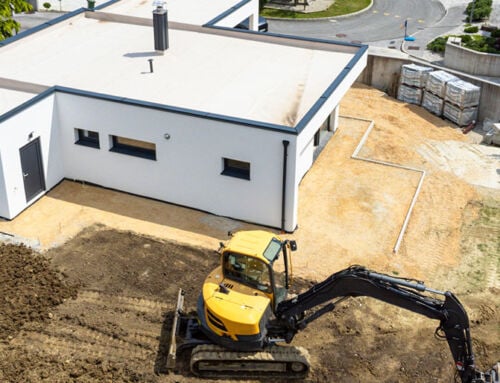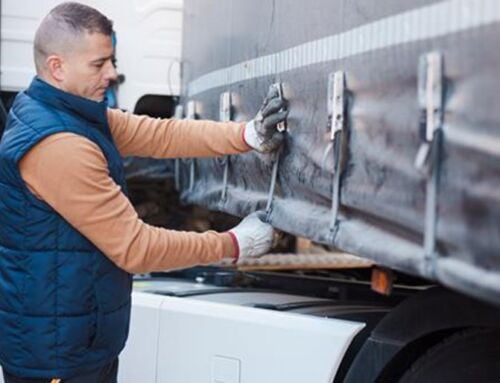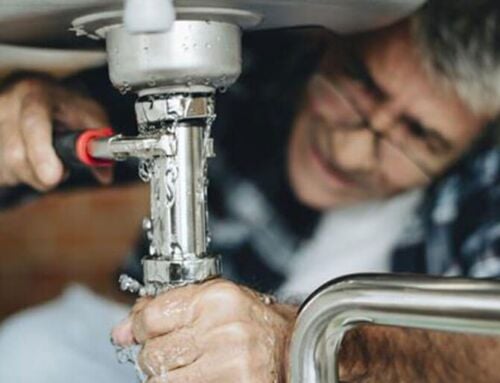Just like many other businesses, tire businesses face risks daily. Common hazards can arise when using key systems like electrical systems, lighting, water, and heating systems. Addressing these risks is crucial, especially as the tire industry continues to grow, with the global market projected to reach $211.6 billion by 2032.
What electrical issues could your business face?
If your business’ electrical system is not being maintained properly, an electrical fire could break out, potentially damaging your building, as well as your inventory. There are some steps you can take to help avoid these risks:
- Extension cords should only be used as temporary wiring, not as permanent wiring.
- All electrical outlets, switches, junction boxes, etc. should have covers protecting the wiring. Electrical panels should also have their doors attached and closed to protect the wiring and circuits.
- Regular inspections and maintenance should be performed by employees and maintenance personnel to check for any signs of electrical issues.
- You should also consider having the electrical system reviewed by an electrician or a professional who can perform thermal imaging on the system to search for hotspots.
- If any equipment is experiencing electrical issues or shorts, the equipment or batteries should be disconnected. This would include any vehicles, customer vehicles, equipment, and batteries.
- Batteries should be disconnected overnight, as this is a common cause of electrical shorts.
As a business that deals with tires, you may also use electric charging stations. When using these stations, there are a few risk management techniques to remember:
- Lift trucks are used by many tire businesses, and some use electric charging stations. To combat the possibility of a fire breaking out, these charging stations should also be separated from busy traffic areas and any combustibles.
- Charging stations also need to undergo regular maintenance and be inspected annually. There may be a need for more inspections if there’s an incident or sign of trouble. Examples include a collision with the station, issues with the breakers, high temperatures in parts of the system, or the station’s inability to charge equipment properly in the appropriate amount of time. If something like this occurs, the charging station should be inspected right away.
What risks can lighting systems pose?
If lighting systems are not properly maintained, they can sometimes lead to fires. To reduce risks:
- Replace outdated or faulty bulbs promptly.
- Upgrade your electrical system to meet current safety standards.
- Install protective metal cages to either catch broken glass or break it up into smaller pieces, which will cool the shards before they hit combustible items, making them less likely to start a fire.
How can water damage affect tire businesses?
While water damage to tires would be minimal over a short duration of exposure, water is still a risk tire businesses need to be aware of. Why? Because water could be detrimental to any rims and accessories stored in the building, as well as any pallet jacks and lift trucks (especially if they are electrical). Water could also cause extensive damage to the building itself.
Depending on the building’s proximity to water sources (including rivers, lakes, and oceans), and the likelihood of heavy rainfall (which could lead to surface flooding), varying levels of preparedness and planning are required. To prevent water damage:
- Preparations could range from reviewing the flood risk of the building in question to reviewing drainage and landscaping, or even elevating the building you plan on using.
- Proper maintenance must be performed on the roof, eaves, and downspouts to ensure water is not finding its way into the building.
- Any susceptible inventory and equipment should be protected by stacking products on shelves or pallets. It’s also a good idea to keep electrical equipment like battery rechargers elevated and unplugged. In warehouses, recharging stations for the pallet trucks should be protected and unplugged.
- It’s vital to put a plan in place to remove water from the building as quickly as possible following a flood. This plan could include the availability of pumps or wet/dry vacuums, or an existing agreement with a contractor that states they’ll come in as soon as possible to clean up and ensure there are no structural or electrical issues.
- There are also flood reduction products on the market, such as solid systems and inflatable flood prevention systems, that can help you better manage your risk.
What risks do HVAC/heating systems pose?
Heating, ventilation, and air conditioning systems (HVAC) can also lead to fires if not properly maintained. That’s why proper maintenance is essential and regular inspections should:
- Check for gas line issues, faulty electrical lines, or malfunctioning pilot lights, and overall condition of the system.
- Ensure combustible items (like tires) are stored at a safe distance from HVAC systems, so the tires don’t ignite.
- Follow the National Fire Protection Association (NFPA) guidelines which requires that overhead space heaters and radiant heaters be a minimum of 3 feet (0.9 m) from the top of a tire pile.
How can air compressors present a hazard?
Air compressors are pressurized vessels that all shops need, but they can also present a hazard, because electrical contacts within the air compressor motor or pressure switch can spark and increase the risk of a fire or explosion. That’s why jurisdictional inspections must be done. In some provinces, like Ontario and Quebec, the tank needs to be inspected annually if it’s greater than 24 inches (0.6 m). However, in Ontario, if the tank is greater than 23 cubic feet (0.65 cubic meters) or roughly 2 feet (0.6 m) diameter by 7.25 feet (2.2 m) long, it needs to be inspected every 36 months.
Protect your tire business with insurance
Despite your best efforts to combat tire business risks, things can still go wrong. That’s where the appropriate insurance coverage comes in. With the right insurance, if your business should suffer a loss, you’re prepared — and won’t have to cover all of the costs yourself.
Federated offers insurance specifically designed for businesses that deal with tires, whether you’re an automotive dealer, an equipment dealer, or an automotive repairman. Visit our business insurance page to find out more today!
This blog is provided for information only and is not a substitute for professional advice. We make no representations or warranties regarding the accuracy or completeness of the information and will not be responsible for any loss arising out of reliance on the information.
